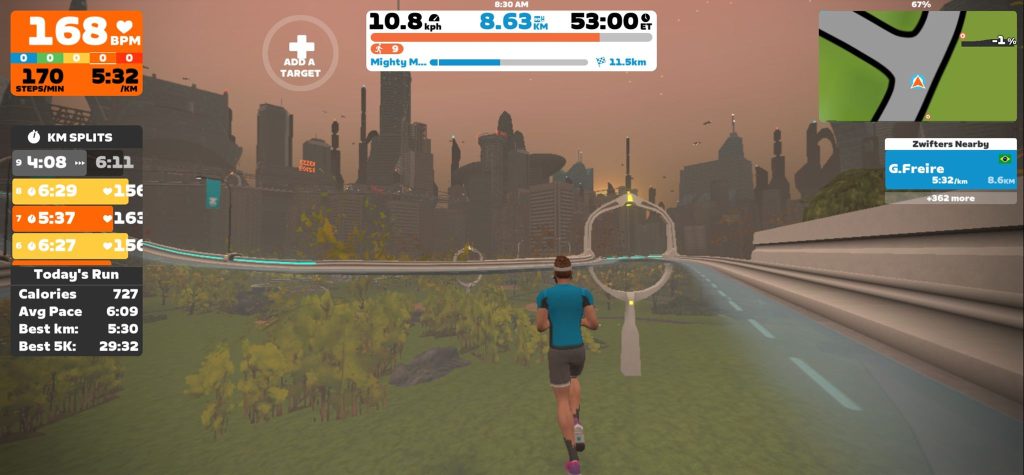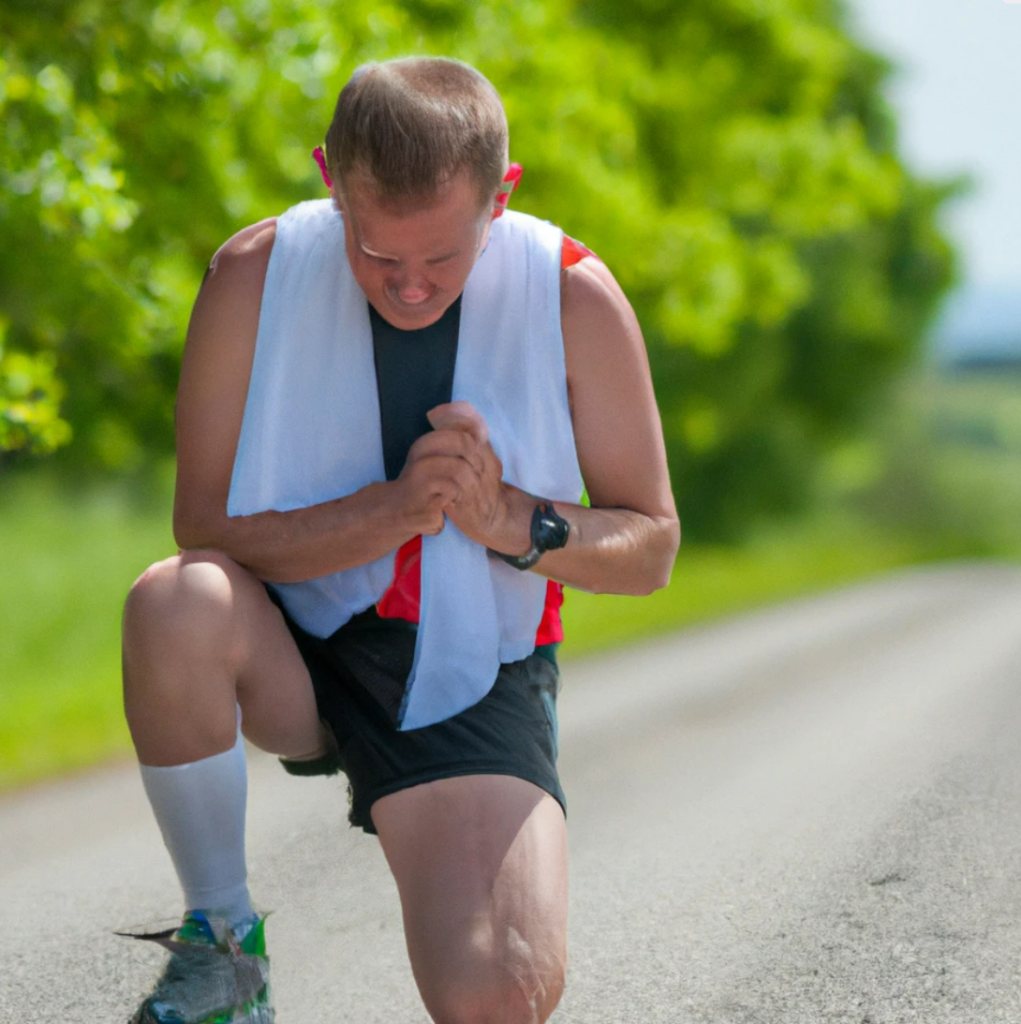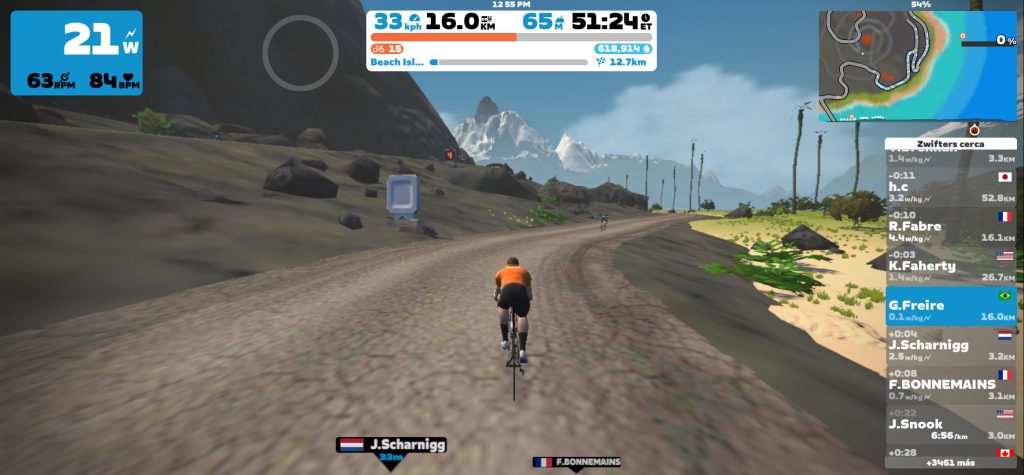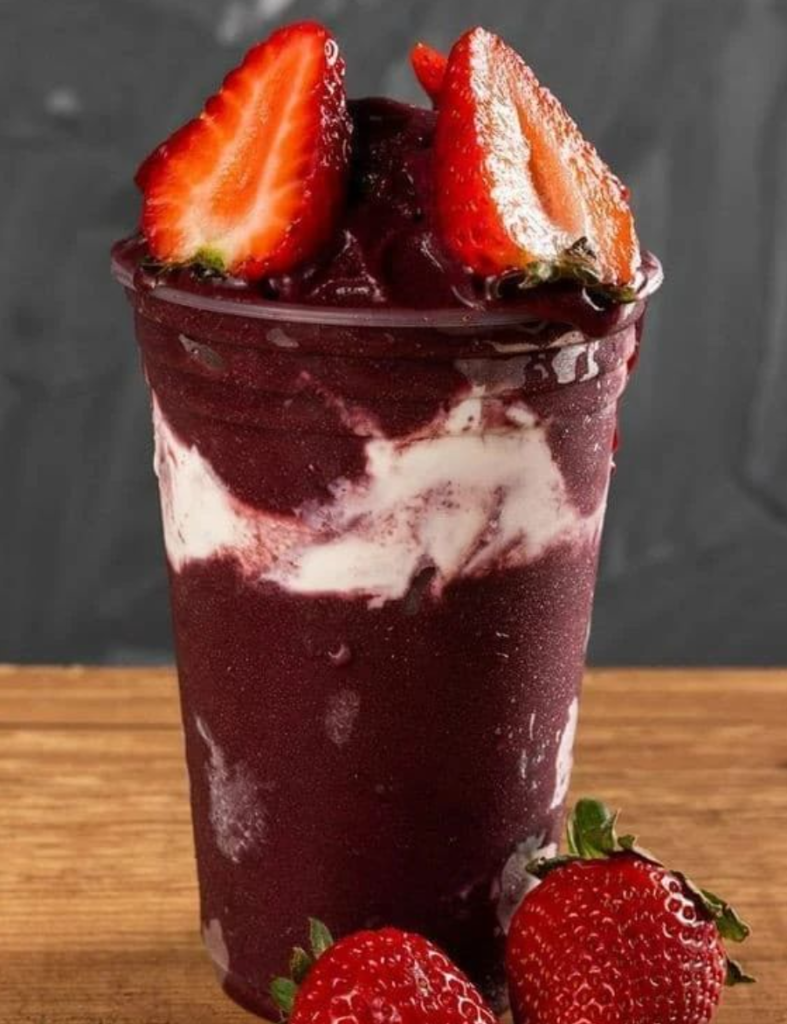Hey there, fellow runner! Have you ever found yourself wondering how to shed those extra pounds while still maintaining the energy you need for your runs? You’re not alone! At Running with Joe, we know that finding the perfect balance between weight loss and peak performance can be a bit of a puzzle. That’s why we’ve put together some effective weight loss diet tips specifically for runners like you. Whether you’re a seasoned marathoner or just starting your running journey, these tips will help you fuel your body right and reach your goals. Ready to dive in? Let’s get started!

Understanding Caloric Needs
Hey there, fellow runner! Understanding your caloric needs is crucial when it comes to effective weight loss. It’s not just about cutting calories; it’s about striking a balance that fuels your runs and helps you shed those extra pounds. Have you ever felt sluggish during a run because you skipped a meal? I have, and trust me, it’s not fun. Your body needs a certain amount of energy to perform at its best, and that’s where understanding your caloric needs comes into play.
First things first, let’s talk about how to calculate your caloric needs. Everyone’s caloric requirements are different, depending on factors like age, gender, weight, and activity level. A good starting point is to determine your Basal Metabolic Rate (BMR), which is the number of calories your body needs at rest. From there, you can add the calories burned during your runs and other daily activities. There are plenty of online calculators that can help you with this. Once you have a rough idea of your daily caloric needs, you can start planning your meals to ensure you’re getting a balanced intake of macronutrients. Remember, it’s not just about the calories; it’s about the quality of those calories. Focus on whole foods, lean proteins, healthy fats, and complex carbohydrates to keep your energy levels up and your hunger in check.
Here are a few tips to help you manage your caloric intake effectively:
- Listen to your body: Pay attention to hunger cues and eat when you’re genuinely hungry, not just out of habit or boredom.
- Track your intake: Keeping a food diary can help you stay accountable and make more informed choices about what you’re eating.
- Plan your meals: Having a meal plan can prevent you from grabbing unhealthy snacks on the go.
- Stay hydrated: Sometimes, thirst can be mistaken for hunger. Make sure you’re drinking enough water throughout the day to stay properly hydrated.
By understanding your caloric needs and making mindful choices about what you eat, you’ll be better equipped to lose weight without sacrificing your running performance. So, lace up those running shoes, fuel your body right, and let’s hit the road!
Balanced Macronutrient Intake
Hey there, fellow runner! When it comes to weight loss, balancing your macronutrient intake is just as crucial as counting calories. You might be thinking, ‘What exactly are macronutrients, and how do they affect my running performance and weight loss?’ Well, macronutrients are the nutrients your body needs in larger amounts, and they include carbohydrates, proteins, and fats. Each of these plays a unique role in fueling your body, especially when you’re pounding the pavement.
First off, let’s talk about carbohydrates. As a runner, carbs are your best friend because they provide the primary source of energy for those long runs and intense workouts. Aim to fill about 50-60% of your daily calorie intake from complex carbs like whole grains, fruits, and vegetables. Think of it as filling your car’s gas tank with premium fuel—your body will thank you!
Next up is protein. Protein is vital for muscle repair and recovery, which is particularly important when you’re trying to lose weight without sacrificing muscle mass. Try to get 20-25% of your daily calories from lean protein sources like chicken, fish, beans, and tofu. A good rule of thumb is to include a source of protein in every meal and snack. This not only helps with muscle maintenance but also keeps you feeling fuller for longer.
Last but not least, let’s not forget about fats. While fats have gotten a bad rap in the past, they are essential for overall health and should make up about 20-30% of your daily calorie intake. Focus on healthy fats like avocados, nuts, seeds, and olive oil. These fats help in nutrient absorption and provide long-lasting energy, which is especially beneficial for those longer runs.
Balancing your macronutrient intake doesn’t have to be complicated. Here’s a quick checklist to get you started:
- Fill half your plate with fruits and vegetables (carbs)
- Include a palm-sized portion of lean protein
- Add a thumb-sized portion of healthy fats
Remember, every runner is different, so it’s important to listen to your body and adjust your macronutrient intake based on your individual needs and goals. By maintaining a balanced diet, you’ll find that you not only shed those extra pounds but also sustain the energy levels needed for your runs. Happy running!
Timing Your Meals for Performance
Hey there, fellow runner! Timing your meals can be a game-changer when it comes to both weight loss and running performance. Have you ever felt sluggish during a run because you ate too soon beforehand? Or maybe you’ve hit the wall because you didn’t fuel up properly. Finding the right balance can be tricky, but with a few simple tips, you can optimize your meal timing to shed those extra pounds and keep your energy levels high.
First things first, let’s talk about pre-run nutrition. Eating too close to your run can lead to discomfort, but not eating enough can leave you feeling drained. Aim to have a balanced meal 2-3 hours before your run that includes a good mix of carbohydrates, protein, and healthy fats. This will give your body the fuel it needs without weighing you down. If you’re running early in the morning, a small snack like a banana or a slice of toast with peanut butter 30-60 minutes before you head out can do wonders.
After your run, it’s crucial to replenish your energy stores and aid recovery. Try to eat a meal or snack within 30-60 minutes of finishing your run. Focus on a combination of proteins and carbs to repair muscle tissue and replenish glycogen stores. Think grilled chicken with quinoa and veggies or a smoothie with protein powder, fruits, and a bit of spinach. This post-run meal not only helps with recovery but also keeps your metabolism revved up, aiding in weight loss.
Here are a few additional tips to keep in mind:
- Listen to your body: Everyone’s digestive system is different. Pay attention to how your body reacts to different foods and timing to find what works best for you.
- Stay consistent: Try to eat at regular intervals throughout the day to keep your metabolism steady and avoid overeating.
- Hydrate wisely: Drink water consistently throughout the day, not just before or after your run, to stay properly hydrated.
By timing your meals strategically, you’ll not only enhance your running performance but also make your weight loss journey smoother. Remember, it’s all about finding what works best for you and sticking to it. Happy running!
Hydration Strategies for Runners
Hey there, fellow runner! Have you ever found yourself wondering how to shed those extra pounds while still maintaining the energy you need for your runs? You’re not alone! At Running with Joe, we know that finding the perfect balance between weight loss and peak performance can be a bit of a puzzle. That’s why we’ve put together some effective weight loss diet tips specifically for runners like you. Whether you’re a seasoned marathoner or just starting your running journey, these tips will help you fuel your body right and reach your goals. Ready to dive in? Let’s get started!
Staying hydrated is crucial for runners aiming to lose weight without sacrificing performance. Proper hydration not only helps maintain energy levels but also supports your body’s ability to burn fat efficiently. Have you ever noticed how much harder your run feels when you’re dehydrated? It’s not just in your head! Dehydration can lead to fatigue, reduced endurance, and even injury. To make sure you’re always at your best, it’s important to have a solid hydration strategy in place.
First, consider your daily water intake. A good rule of thumb is to drink at least half your body weight in ounces of water each day. For instance, if you weigh 150 pounds, aim for at least 75 ounces of water daily. On running days, especially during those long runs or intense workouts, you’ll need even more. Start hydrating well before your run, and make sure to sip water at regular intervals during and after your workout. Carrying a water bottle or using a hydration pack can make this easier. If you’re running in hot or humid conditions, check out our summer training hydration tips to keep your performance on point.
In addition to water, electrolytes play a vital role in keeping your body hydrated and functioning optimally. Sweating during your runs causes you to lose essential minerals like sodium, potassium, and magnesium, which are critical for muscle function and energy production. Consider incorporating an electrolyte drink or supplement into your hydration routine, especially for runs longer than an hour. This can help prevent cramps, dizziness, and fatigue. For more on avoiding common running mishaps, check out our guide on injury prevention techniques.
Remember, staying hydrated is just one piece of the puzzle. Pairing your hydration strategy with a balanced diet, understanding your caloric needs, and timing your meals right will set you on the path to effective weight loss and peak running performance. So, grab that water bottle, hydrate smartly, and keep pushing towards your goals!
Supplements to Support Weight Loss
Hey there, fellow runner! Have you ever found yourself wondering how to shed those extra pounds while still maintaining the energy you need for your runs? You’re not alone! At Running with Joe, we know that finding the perfect balance between weight loss and peak performance can be a bit of a puzzle. That’s why we’ve put together some effective weight loss diet tips specifically for runners like you. Whether you’re a seasoned marathoner or just starting your running journey, these tips will help you fuel your body right and reach your goals. Ready to dive in? Let’s get started!
When it comes to shedding those extra pounds, supplements can play a crucial role in supporting your weight loss journey while ensuring you maintain the energy levels necessary for your runs. One of the top supplements to consider is whey protein. Not only does it help in muscle recovery and growth, but it also keeps you feeling full longer, reducing the temptation to snack on unhealthy foods. Incorporating a whey protein shake post-run can be a game-changer in your weight loss efforts.
Another fantastic supplement to add to your regimen is chia seeds. These tiny powerhouses are packed with fiber, omega-3 fatty acids, and antioxidants. They can help you stay hydrated (as they absorb water) and keep your energy levels steady throughout the day. For more insights on how to incorporate chia seeds into your diet, check out our post on the benefits of chia seeds for runners. And let’s not forget about acai berries, the Brazilian superfood that’s renowned for its high antioxidant content and ability to boost metabolism. Adding acai to your smoothies or breakfast bowls can give you that extra edge in your weight loss journey.
Remember, supplements are just that—supplements. They should complement a well-balanced diet and not replace whole foods. Focus on maintaining a balanced macronutrient intake, timing your meals to align with your runs, and staying adequately hydrated. By integrating these supplements with a healthy diet and consistent training, you’ll be well on your way to achieving your weight loss goals without compromising your performance. Happy running!












